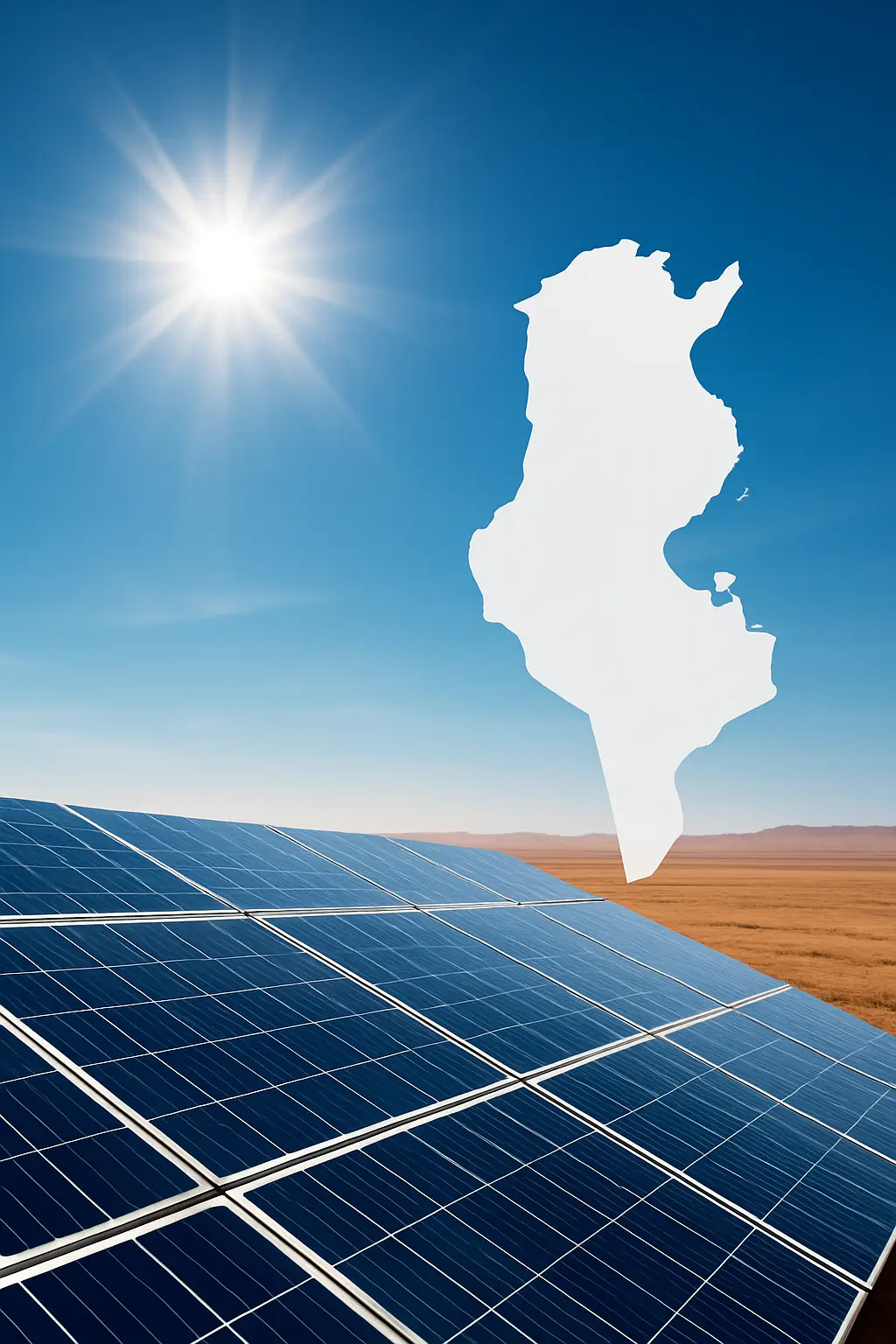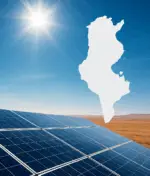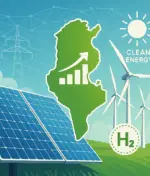No products in the cart.

Renewable Energy in Tunisia: Current Status and 2030 Ambitions
Current Renewable Energy Share in Tunisia
As of 2024, renewable energy accounts for about 3% of Tunisia’s total electricity generation, with natural gas still dominating the energy mix. This share remains below national targets, highlighting the urgent need to accelerate the country’s energy transition.
National Renewable Energy Targets for 2030
Tunisia aims to increase the share of renewable energy to 35% of total electricity production by 2030, targeting over 4 GW of renewable energy capacity. The breakdown of planned capacities includes:
Solar Energy: 1,510 MW
Wind Energy: 1,755 MW
Concentrated Solar Power (CSP): 450 MW
Additionally, Tunisia is exploring green hydrogen projects, aiming for production of 6 million tons for export and 2 million tons for local consumption by 2050.
Challenges and Opportunities
Challenges
Bureaucracy: Lengthy licensing and implementation procedures.
Local Opposition: Concerns over land and water use.
Financing: Need for substantial investments from public and private sectors.
Opportunities
Energy Independence: Reducing reliance on imported fuels.
Export Potential: Possibility to export clean energy to Europe via projects like the “Elmed” cable.
Innovation: Advancements in green hydrogen and smart energy technologies.
Conclusion
Although progress remains gradual, Tunisia’s ambitious renewable energy goals and strategic plans point to a more sustainable future. Achieving these targets will require cooperation between government, private sector, and civil society.
2030 targets ANME avenir durable câble Elmed Clean Energy Elmed cable énergie éolienne énergie propre énergie renouvelable Énergie solaire energy export energy independence energy innovation Energy Transition exportation d'énergie green hydrogen hydrogène vert indépendance énergétique innovation énergétique objectifs 2030 Power wind projets renouvelables Renewable Energy renewable projects Solar Energy sustainable future Transition énergétique Tunisia Tunisie Wind wind energy



